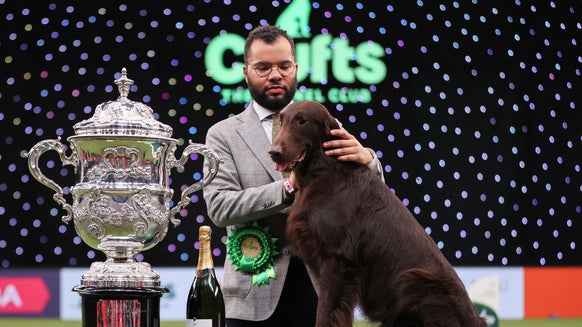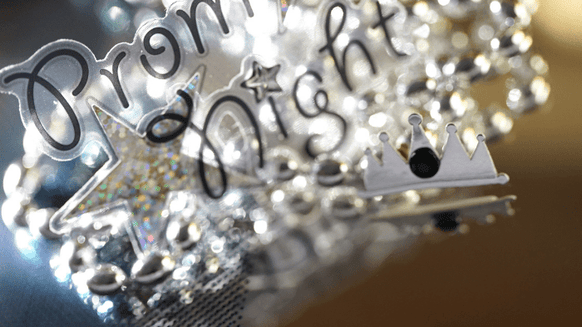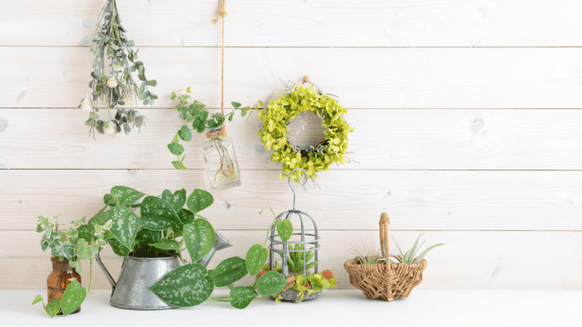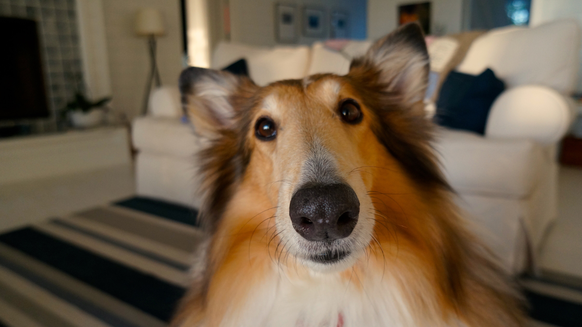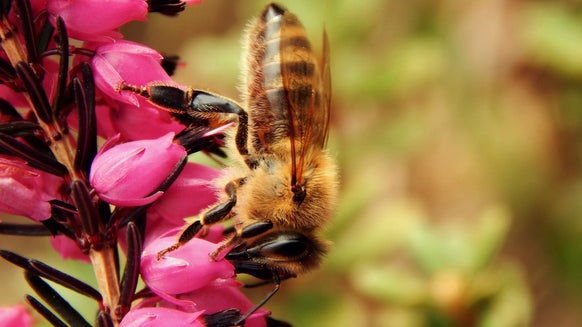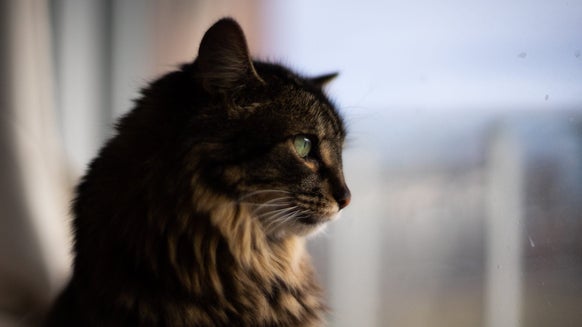Neutering Your Rabbit | Know The Costs
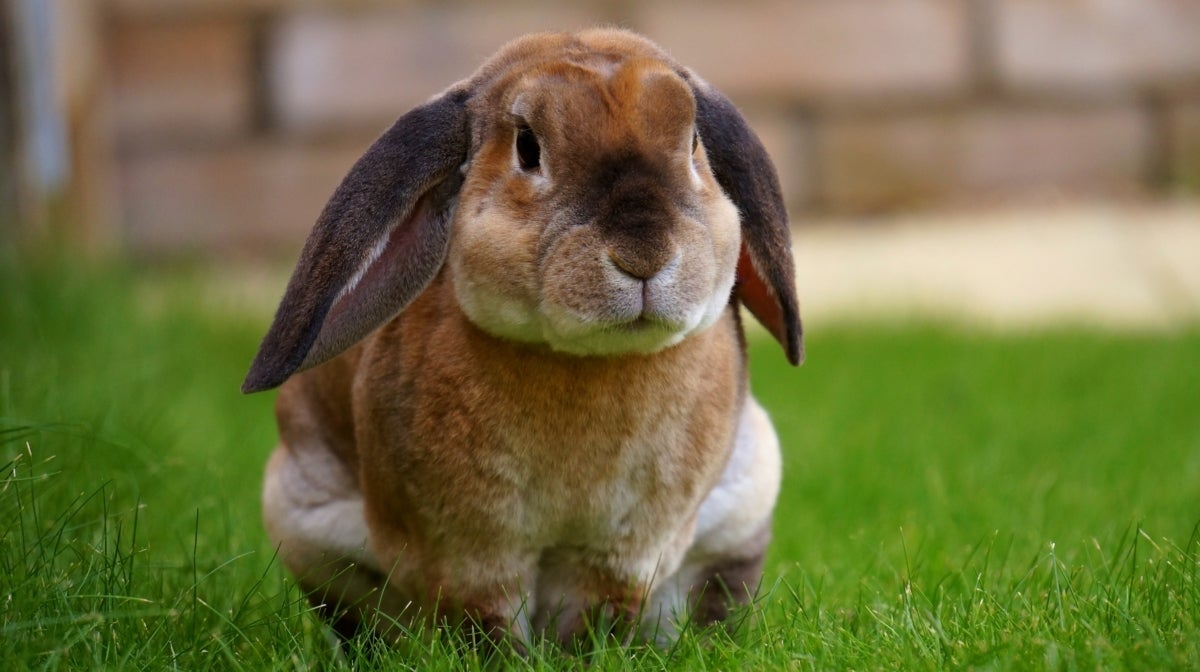
When you contemplate the delightful journey of owning a rabbit, understanding all facets of its care, including neutering, is paramount. Rabbits are charming pets that can light up your world, but there are several responsibilities to be aware of. One key aspect is the process of neutering, and in this comprehensive guide, we'll delve deep into the intricacies of how to neuter a rabbit, the associated costs, and the numerous benefits tied to it.
Owning a Rabbit
A rabbit isn't just a furry ball of joy; it’s a commitment. It's estimated that a rabbit's annual upkeep can be around £800+. This encompasses expenditures like a hutch, vet visits, food, and other miscellaneous essentials. Before you introduce this fluffy addition to your home, ensure you're fully equipped to provide it with a contented and comfortable life.
Un-spayed female rabbits, known as does, are vulnerable to uterine cancer, with a staggering 80% risk. This fact accentuates that neutering isn't solely about avoiding unplanned rabbit offsprings; it's a vital step in safeguarding your pet's health.
Remarkably, even though rabbits are hailed as the 3rd most beloved pet in the UK, a whopping 67k find themselves in rescue every year.

Why should I neuter my rabbit?
If you've ever pondered the question of "how to neuter a rabbit," the reasons are compelling. Un-neutered rabbits necessitate solitary confinement to avoid both unwanted breeding and aggression. However, it's crucial to understand that rabbits thrive on social interaction, yearning for the companionship of their fellow cage-mates. Depriving them of this can dramatically diminish their quality of life.
For does, the absence of neutering can result in heightened aggression, phantom pregnancies, and a dangerous susceptibility to uterine cancer. Opting to spay your rabbit can curtail these risks, and as a delightful bonus, contribute to their longevity.
Neutering bucks transforms them too. Post-neutering, they are often calmer, less aggressive and cease their habits of urine spraying, creating a harmonious environment for both the rabbit and the owner.

When should I neuter my rabbit?
For those keen on grasping the specifics of how to neuter a rabbit, timing is of the essence. Bucks can be safely neutered from an age bracket of 10-12 weeks, though the optimum time would be when they touch the 4-month mark. For does, patience is the key. It's advisable to wait until they are at least 6 months old.
Remember, aggression in bucks typically manifests post-sexual maturity. Thus, if you've welcomed a litter, they can peacefully cohabit until their respective neutering appointments.
It's of paramount importance to engage with your vet for a consultation, sufficiently ahead of the neutering process. This session will allow the vet to ascertain if your pet is ready for the procedure, post which, you can set a date for the operation.
Following the operation, stringent adherence to post-op care as outlined by your vet is essential. Bucks generally demonstrate rapid recovery, but affording them a recovery period of a few days is beneficial.
Remember, post-neutering, always keep male and female rabbits segregated for a few weeks. Once fully recuperated, a neutered doe and buck often bond beautifully!

How much does it cost to neuter my rabbit?
The consultation will typically cost around £30-£35. The UK average cost for neutering a rabbit is £80-£100.
You'll probably find that it is most expensive to neuter a doe than a buck.
What should I do post operation recovery for my rabbit?
After the important step of neutering, ensuring your rabbit receives optimal post-operative care is of paramount importance. The aftermath of the surgery can be a sensitive period for your furry companion, and meticulous care is essential to ensure a smooth recovery.
Immediate Post-Op: Keep the rabbit in a quiet, dimly lit, and warm environment. This minimises stress and allows your rabbit a peaceful recovery period. Wound Monitoring: Regularly inspect the surgical site for any signs of infection, swelling, or redness. Cleanliness is key – make sure your rabbit's living area is spotless to reduce the risk of infection. Dietary Adjustments: Immediately post-operation, provide fresh water and encourage them to eat. Fresh hay and leafy greens are gentle on their system and promote gut movement. Consult the Vet: If your rabbit hasn't eaten or passed droppings within 24 hours post-surgery, it's essential to consult your vet.
What are the dietary needs of my neutered rabbit?
Neutering can influence a rabbit's dietary requirements. A neutered rabbit might have slightly different caloric needs, but its diet's foundational components remain consistent.
Lower Caloric Intake: Neutered rabbits generally have a reduced caloric requirement. Be observant and ensure they're not gaining excess weight. Rich in Fibre: High fibre foods like hay should be a staple. It supports the digestive system and ensures smooth gut movement, especially critical post-operation. Limit Sugary Foods: Reduce or eliminate high sugar foods and treats. An occasional carrot or apple slice is okay, but moderation is crucial. Fresh Water: Always provide an ample supply of fresh water. Hydration is crucial, especially during the recovery phase.
Behavioural Changes Post-Neutering
Post-neutering, rabbits often exhibit changes in behaviour. Understanding these nuances can help in better integrating them back into their regular routine.
Reduced Aggression: Neutered bucks, in particular, tend to be less aggressive and territorial. Grooming Habits: Some rabbits become more meticulous about grooming post-surgery. This is generally a positive sign of them adjusting to their changed physiology. Activity Levels: Your rabbit might be less active immediately following the procedure. However, if lethargy continues for an extended period, consulting a vet is advisable. Social Interactions: Once fully healed, neutered rabbits often demonstrate improved sociability, especially when paired with another neutered companion.
FAQs on Rabbit Neutering
Q: Is the neutering procedure risky for my rabbit?
A: While every surgical procedure carries some risks, neutering is a common and generally safe procedure. Ensuring you consult a vet with rabbit-specific expertise minimises potential complications.
Q: How long is the recovery period post-neutering?
A: Bucks tend to recover faster, often within a few days. Does might require a slightly extended recovery period. However, each rabbit is unique, and monitoring is crucial.
Q: Will my rabbit's personality change post-neutering?
A: While core personality traits remain consistent, neutering often curtails aggressive tendencies, making them more amiable and sociable.
Q: Are there age restrictions for neutering rabbits?
A: Generally, bucks can be neutered from 10-12 weeks, ideally waiting until they're 4 months. Does should be at least 6 months old. However, older rabbits can also be neutered, but always consult your vet first.

